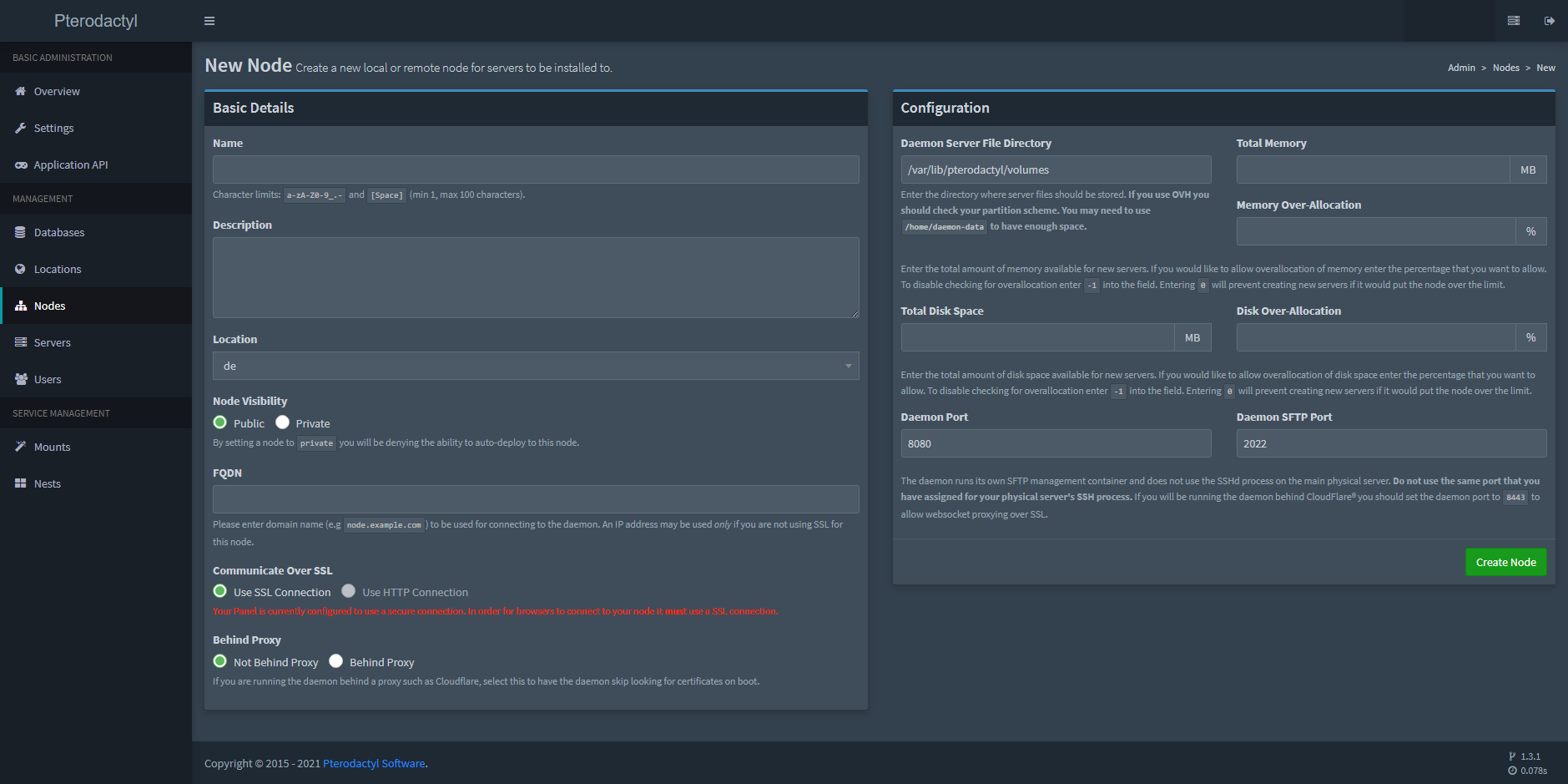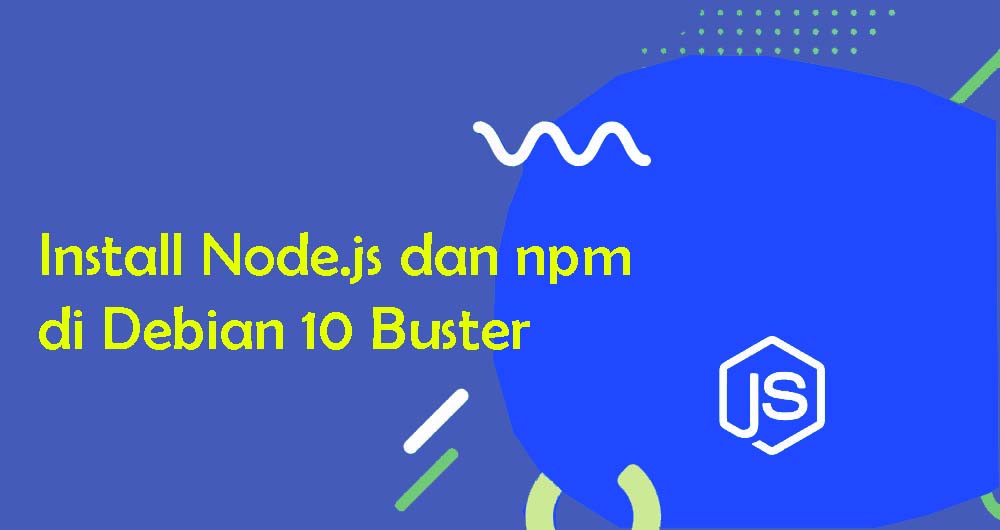

This command creates APT sources list for Nodesource Nodejs 16 repo which can be viewed as below. Install cURL in case you haven’t installed it using sudo apt install curl. From your home directory, use the cURL command. First, we will need to install the PPA in order to install Node.js 16. These PPAs have a lot more versions of Nodejs as compared to the official Ubuntu repositories. To install any version of Node.js you can use a PPA (personal package archive) which is maintained by Nodesource.

Change into the directory where you put the node source: $ make uninstall …like me, and installed a totally wrong and unstable version, luckily there’s still hope. If it worked, you’ll be able to run both of these commands: $ node -v Now make and install (it could take some time to complete the make testing and process, as we’re compiling the source code). configure -openssl-libpath=/usr/lib/ssl -without-snapshot The section option -without-snapshot should give you a faster build and alleviate some seg fault issues mentioned elsewhere around the web. You should see (Stable) after the version number once you perform this checkout.

There may be a newer version in the Git repo than the one recommended on the Download page, however it may not be stable. At the time of writing, this was v0.10.28. $ git clone Ĭheck the Node.js Download Page and see what they say the latest version of Node is that we should be using. A good option, if in doubt, is to just go for /opt. $ sudo apt-get update & apt-get install git-core curl build-essential openssl libssl-devĬhange into the directory you want to install node from. Pretty standard stuff – make sure you’re up to date on these. I had installed from source following this guide, but it wasn’t quit enough to get my node install right on Debian Squeeze. Ultimately I realized that it wasn’t a problem with these node modules so much as it was with my node install itself. I had some issues with libraries installed via npm (such as d3 and jsdom) causing segmentation faults in Mocha tests.


 0 kommentar(er)
0 kommentar(er)
